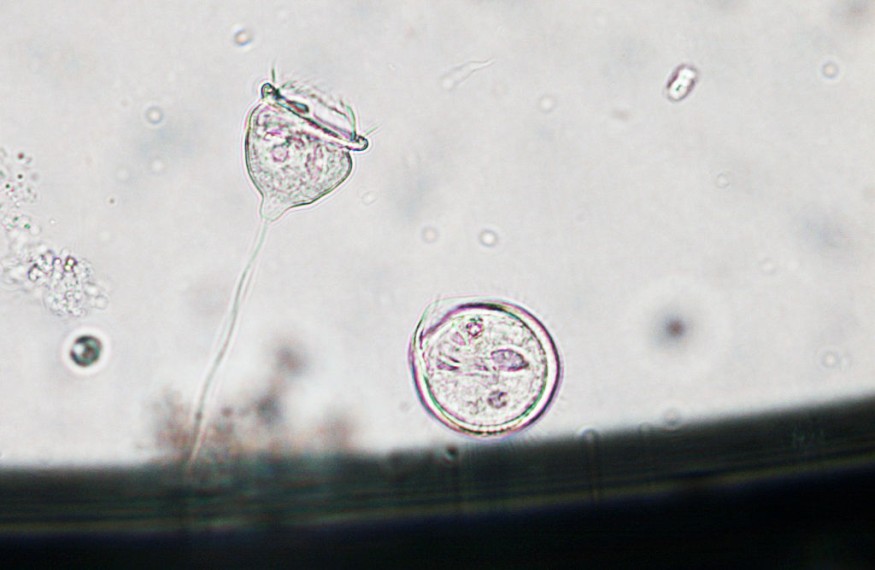Bacteria are single-celled organisms and some of the first to emerge on Earth billions of years ago. Current life forms of today are also linked with the said microorganisms in terms of evolution, aside from their track record of being a notorious pathogen that brings various diseases. With this, one must wonder how these tiny organisms survive.
Bacteria can survive in different environments, with some being able to tolerate extreme temperatures ranging from cold to hot. However, one of the most fascinating features of bacteria is their ability to conduct various processes, including photosynthesis, chemical breakdown, or metabolism, to sustain their life.
In terms of metabolism, scientists have known for a long time that bacteria consume rare earth metals to survive since they were thought to be irreplaceable for bacterial life. Now, a new study led by scientists in Germany found for the first time that radioactive elements like americium and curium can replace lanthanides as a source of their food.
Bacteria Metabolism

A research team from the Ludwig Maximilian University of Munich led by chemist Lena Daumann has shown for the first time that bacteria can use some types of radioactive elements to sustain their metabolism, according to a news release by the American Association for the Advancement of Science (AAAS).
The study is based on the context that bacteria widely use lanthanides in the environment. These bacteria belong to the microorganism group called methylotrophs, which uses methanol or methane as carbon or energy source. To achieve such feat, bacteria use lanthanides and integrate them into their metabolic enzyme.
Meanwhile, the team found that the radioactive elements americium and curium are very similar to lanthanides in terms of size and charge. In this context, Daumann posed the question if bacteria can consume the said two radioactive actinides instead of lanthanides.
Bacterial Life
The study was published in the journal Angewandte Chemie on April 19, wherein LMU researchers have proven for the first time that the life of methylotrophic bacteria, like the said actinides, can benefit in the aspect of their biological metabolism.
While the said research is confined to the microscopic world, the findings signify the complexity yet flexibility of some bacteria to consume energy and survive. In the future, succeeding studies can also conduct experiments to further test which other elements or compounds bacteria can consume.
Plastic Pollution
Furthermore, scientists could also use certain bacteria to boost their consumption of plastics and other unwanted materials deemed as detrimental to the environment. This has been the case since scientists, in previous years, sought the help of bacteria to address the issue of plastic pollution.
In a recent study published in the journal Marine Pollution Bulletin in January 2023, scientists found the bacteria Rhodococcus ruber consumes and digests plastic, as shown during laboratory experiments conducted by Maaike Goudriaan, a Royal Netherlands Institute for Sea Research Ph.D. student.
Related Article: Soil Bacteria Metabolizes Carbon via Many Mechanisms in New Study
© 2025 NatureWorldNews.com All rights reserved. Do not reproduce without permission.





